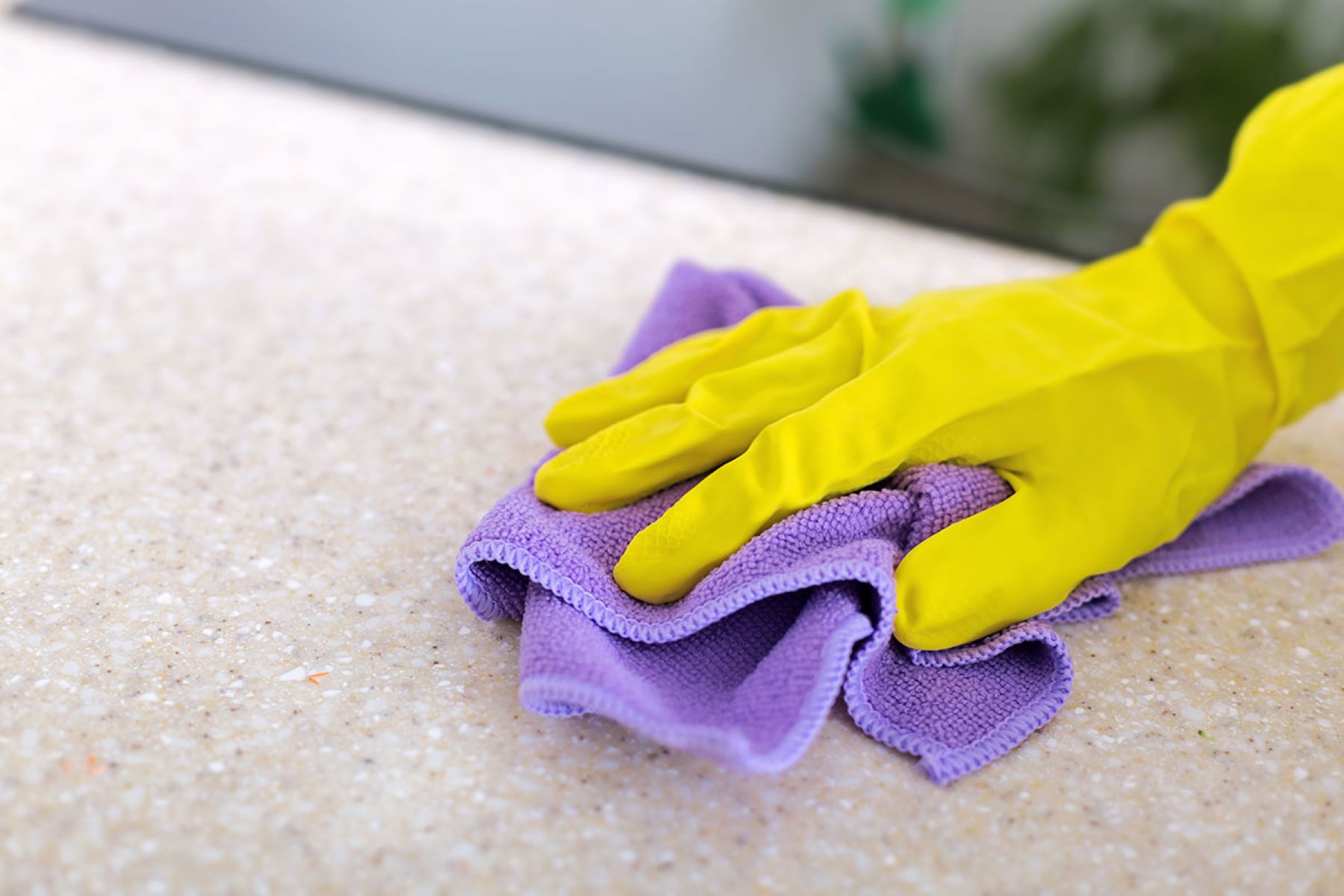

Articles
How To Clean Rust Off Quartz Countertops
Modified: February 24, 2024
Discover effective methods for removing rust stains from quartz countertops in this informative article. Keep your countertops looking pristine with these easy-to-follow cleaning tips.
(Many of the links in this article redirect to a specific reviewed product. Your purchase of these products through affiliate links helps to generate commission for Storables.com, at no extra cost. Learn more)
Introduction
Quartz countertops have gained popularity in recent years due to their elegant appearance, durability, and low-maintenance nature. However, despite their resilience, quartz countertops can still fall victim to rust stains. If you’re wondering how to clean rust off quartz countertops, you’ve come to the right place. In this article, we will provide you with a comprehensive guide to effectively removing rust stains from your quartz countertops.
Quartz countertops are engineered stone surfaces made from a combination of natural quartz crystals and synthetic materials. This composition gives quartz countertops their strength and resistance to scratches, stains, and heat. With proper care and maintenance, quartz countertops can retain their beautiful shine for many years.
Unfortunately, even with regular cleaning, quartz countertops can develop rust stains. Rust stains on quartz countertops typically occur due to exposure to moisture or the presence of metal objects containing iron. When the rust particles come into contact with the porous surface of the quartz countertop, they can leave behind unsightly stains.
To effectively remove rust stains from quartz countertops, it’s important to follow the correct procedures and use the right tools and materials. Safety precautions should also be taken to protect yourself and the countertop surface during the cleaning process.
Before we delve into the step-by-step guide of removing rust stains from quartz countertops, let’s first take a look at the precautions and safety measures you should keep in mind.
Key Takeaways:
- Safely and effectively remove rust stains from quartz countertops by following a step-by-step guide, using gentle cleaning solutions, and exploring alternative methods if needed.
- Prevent rust stains on quartz countertops by implementing simple measures such as prompt cleaning, using coasters, and establishing a regular cleaning routine to maintain their pristine appearance.
Read more: How To Get Rust Off Countertops
Understanding Quartz Countertops
Quartz countertops are a popular choice for homeowners due to their many benefits and advantages. Unlike natural stone countertops, such as granite or marble, quartz countertops are engineered surfaces made by mixing around 90-95% ground natural quartz with resins, polymers, and pigments. This combination creates a highly durable and non-porous material that is resistant to stains, scratches, and heat.
One of the primary advantages of quartz countertops is their low-maintenance nature. Unlike natural stone countertops, quartz countertops do not require sealing or polishing. They are non-porous, meaning they do not absorb liquids, making them resistant to stains from common household items like wine, coffee, or oils. Simply wiping the surface with mild soap and warm water is usually sufficient for day-to-day cleaning.
In addition to their durability and easy maintenance, quartz countertops come in a wide range of colors, patterns, and finishes, allowing homeowners to choose a design that complements their kitchen or bathroom decor. The manufacturing process of quartz countertops allows for more consistent patterns and color options compared to natural stone countertops.
Quartz countertops are also highly resistant to scratching and chipping. The high quartz content in the material provides strength and durability, making it less prone to damage from normal use. However, it is worth noting that while quartz countertops are highly resistant to scratches, they are not completely scratch-proof. It is still recommended to use cutting boards or other protective measures to avoid potential damage.
Another notable characteristic of quartz countertops is their heat resistance. While the countertops can withstand moderate levels of heat, it is advisable to use trivets or hot pads to protect the surface from direct contact with hot pots, pans, or other heated items. Extreme temperature changes, such as placing a hot pan directly onto a cold quartz surface, can still potentially cause damage.
Overall, understanding the unique properties of quartz countertops is crucial for their proper care and maintenance. While they offer numerous benefits, it’s important to be aware of their limitations and take appropriate precautions to ensure their longevity and appearance.
Why Do Rust Stains Occur on Quartz Countertops?
Rust stains on quartz countertops can be a perplexing issue, especially considering the non-porous and stain-resistant nature of quartz. However, there are several reasons why rust stains may occur on quartz countertops:
1. Metal Objects: Quartz countertops are highly resistant to staining from common household items. However, if metal objects containing iron are left on the countertop for an extended period, rust particles can transfer onto the surface and cause stains. It is important to promptly remove any metal objects and wipe the countertop clean to prevent rust formation.
2. Excessive Moisture: Although quartz countertops are non-porous and relatively resistant to water damage, prolonged exposure to excessive moisture can still contribute to rust stains. Water that contains high amounts of iron or other minerals can leave behind rust residues on the countertop surface if not dried properly.
3. Damaged Sealant: While quartz countertops do not require sealing like natural stone surfaces, certain types of countertops may have a sealant applied during installation. If this sealant becomes damaged or ineffective over time, it can allow moisture and contaminants to seep into the quartz, leading to rust stains.
4. Improper Cleaning Products: Harsh or abrasive cleaning products containing chemicals like bleach or ammonia can damage quartz countertops and disrupt the protective layer, making it more susceptible to staining. It is crucial to use mild, non-abrasive cleaners specifically formulated for quartz surfaces.
5. External Factors: Rust stains can also occur on quartz countertops due to factors beyond a homeowner’s control, such as construction or renovation activities nearby. Dust or debris containing iron particles can settle on the countertops and cause rust stains. It is important to cover the countertops during such activities or promptly clean any debris that may accumulate.
Regardless of the cause, it is essential to address rust stains on quartz countertops as soon as they appear. Ignoring or leaving them untreated can result in the stains becoming more stubborn and harder to remove over time.
In the following sections, we will discuss the precautions to take and the tools and materials required for effectively removing rust stains from quartz countertops.
Precautions and Safety Measures
When it comes to removing rust stains from quartz countertops, it is important to exercise caution and follow proper safety measures. Here are some precautions to keep in mind:
1. Ventilation: Ensure proper ventilation in the area where you will be working. Open windows or use fans to avoid inhaling any fumes that may be produced during the cleaning process.
2. Protective Gear: Wear protective gloves and safety glasses to shield your skin and eyes from any cleaning solutions or potential splatters.
3. Test in an Inconspicuous Area: Before applying any cleaning solutions or techniques to the entire countertop surface, test it in a small and inconspicuous area. This will help you ensure that the cleaning method does not damage or discolor the quartz countertop.
4. Use Gentle Cleaning Products: Avoid using harsh or abrasive cleaning solutions, as they can damage the quartz surface. Instead, opt for mild, non-abrasive cleaners that are specifically formulated for quartz countertops.
5. Follow Manufacturer’s Instructions: Read and follow the instructions provided by the manufacturer of the cleaning products you are using. This will ensure that you are using the products correctly and safely.
6. Avoid Acidic Cleaners: Acidic cleaners, such as those containing vinegar or lemon juice, can damage the quartz surface. It is best to avoid using these cleaners for rust stain removal.
7. Rinse Thoroughly: After removing the rust stains, rinse the countertop surface with clean water to remove any remaining cleaning agent residues. This will help prevent any build-up that could potentially cause further damage or discoloration.
By following these precautions and safety measures, you can ensure that the process of removing rust stains from your quartz countertops is done safely and effectively. Now that we’ve covered the necessary precautions, let’s move on to the tools and materials you’ll need for the rust removal process.
Tools and Materials Required
Before you begin the process of removing rust stains from your quartz countertops, it is essential to gather the necessary tools and materials. Here is a list of what you will need:
1. Soft Microfiber Cloth: Use a soft microfiber cloth to clean the quartz countertop surface and remove any loose debris or dust before tackling the rust stains.
2. Plastic Scraper: A plastic scraper or a credit card can be useful in gently scraping away any dried or stubborn rust particles on the surface of the countertop. Be careful not to apply too much pressure to avoid scratching the quartz.
3. Gentle Cleaning Solution: Look for a mild, non-abrasive cleaner specifically formulated for quartz countertops. Avoid using harsh or acidic cleaners as they can damage the surface. Ensure that the cleaning solution is safe for use on quartz surfaces and follow the manufacturer’s instructions.
4. Rust Stain Remover: If the gentle cleaning solution is not effective in removing the rust stains, you may need to use a rust stain remover specifically designed for use on quartz surfaces. Choose a product that is safe and non-abrasive for quartz countertops, and follow the instructions provided by the manufacturer.
5. Water and Spray Bottle: You will need clean water for rinsing the countertop after cleaning. Fill a spray bottle with water for easy application during the cleaning process.
6. Soft-bristle Brush or Toothbrush: A soft-bristle brush or a toothbrush can be used to gently scrub the countertop surface and work the cleaning solution into the rust stains. Make sure the brush is soft to avoid scratching the quartz surface.
7. Protective Gloves: Wear protective gloves to protect your hands from any potential cleaning agents or chemicals used during the rust removal process.
8. Safety Glasses: Protect your eyes by wearing safety glasses to prevent any splashes or accidental contact with cleaning solutions.
With these tools and materials at hand, you will be well-equipped to effectively remove rust stains from your quartz countertops. In the following sections, we will provide you with a step-by-step guide to removing the rust stains and alternative methods you can try if the stains are particularly stubborn.
Use a mixture of water and mild dish soap to clean rust off quartz countertops. Gently scrub the affected area with a soft cloth or sponge, then rinse and dry thoroughly. Avoid using abrasive cleaners or pads, as they can damage the surface.
Step-by-Step Guide to Remove Rust Stains
Now that you have gathered the necessary tools and materials, let’s go through the step-by-step process of removing rust stains from your quartz countertops:
Step 1: Prep the Area – Start by clearing the countertop of any items and ensuring there is ample workspace. Protect the surrounding areas with towels or plastic sheets to prevent any accidental spills or damage.
Step 2: Clean the Surface – Use a soft microfiber cloth to gently wipe the countertop surface and remove any loose debris or dust. This step will help prepare the surface for effective rust stain removal.
Step 3: Apply Gentle Cleaning Solution – Spray or apply a small amount of the gentle cleaning solution onto the rust stains. Allow the solution to sit on the stains for a few minutes to penetrate and loosen the rust particles.
Step 4: Gently Scrub – Using a soft-bristle brush or toothbrush, gently scrub the rust stains in a circular motion. Be careful not to apply excessive pressure to avoid scratching the quartz surface. Continue scrubbing until the rust stains begin to fade.
Step 5: Rinse the Countertop – Once the rust stains have been scrubbed, thoroughly rinse the countertop with clean water. This step is crucial to remove any cleaning solution residues and prevent any potential damage or discoloration.
Step 6: Evaluate the Results – After rinsing, evaluate the results. If the rust stains are completely removed, pat the countertop dry with a clean cloth. If any stains remain, you may need to proceed to the next step.
Step 7: Apply Rust Stain Remover (if necessary) – If the gentle cleaning solution did not completely remove the rust stains, you can try using a rust stain remover specifically designed for quartz surfaces. Follow the instructions provided by the manufacturer for the application and wait time. Afterward, rinse the countertop thoroughly with clean water.
Step 8: Dry and Inspect – Once you have completed the rust stain removal process, dry the countertop surface with a clean cloth and inspect the results. If any lingering stains are still present, you can consider trying alternative methods or consulting a professional for further assistance.
By following this step-by-step guide, you can effectively remove rust stains from your quartz countertops and restore their pristine appearance. However, if the stains persist or if you are unsure about proceeding, it is always recommended to seek professional guidance to avoid any potential damage to your countertops.
Alternative Methods for Rust Removal
If the rust stains on your quartz countertops are particularly stubborn or if you prefer to explore alternative methods for rust removal, here are a few techniques you can try:
1. Baking Soda Paste: Create a paste by mixing baking soda with water until you achieve a thick consistency. Apply the paste to the rust stains and let it sit for a few minutes. Gently scrub the stains using a soft-bristle brush or toothbrush. Rinse thoroughly and repeat if necessary. Baking soda acts as a mild abrasive and can help lift rust stains from the countertop.
2. Lemon Juice and Salt: Squeeze fresh lemon juice onto the rust stains and sprinkle a generous amount of salt over the juice. Let it sit for a few minutes, then use a soft-bristle brush or toothbrush to gently scrub the stains in a circular motion. Rinse thoroughly and repeat if needed. The acid in the lemon juice combined with the abrasive salt can help break down and remove rust stains.
3. Hydrogen Peroxide: Apply hydrogen peroxide directly to the rust stains and let it sit for a few minutes. Gently scrub the stains with a soft-bristle brush or toothbrush. Rinse thoroughly and repeat if necessary. Hydrogen peroxide is a mild bleaching agent and can help fade rust stains.
4. Vinegar Solution: Create a solution by mixing equal parts of vinegar and water. Spray or apply the solution to the rust stains and let it sit for a few minutes. Scrub the stains gently using a soft-bristle brush or toothbrush. Rinse thoroughly and repeat if needed. The acidity of vinegar can help dissolve rust stains on the countertop surface.
Remember to always test these alternative methods in a small and inconspicuous area before applying them to the entire countertop surface. This will ensure that the methods are effective and do not cause any damage or discoloration.
If the rust stains persist despite trying these alternative methods, it is advisable to consult a professional stone restoration specialist. They have the expertise and specialized tools to handle tough rust stains on quartz countertops.
By using these alternative methods, you can explore different approaches to removing rust stains from your quartz countertops and find the one that works best for your specific situation. As always, proceed with caution and prioritize the safety and integrity of your countertops.
Preventing Rust Stains on Quartz Countertops
While it’s essential to know how to remove rust stains from quartz countertops, it’s even better to prevent them from occurring in the first place. By following these preventive measures, you can maintain the pristine appearance of your quartz countertops:
1. Clean Spills Immediately: Promptly clean up any spills or messes on your quartz countertops, particularly those that contain acidic or staining substances. Wipe the surface with a soft cloth and mild soap or a cleaning solution specifically formulated for quartz countertops. Avoid letting liquids sit for extended periods as they can seep into the countertop and potentially cause stains.
2. Use Coasters and Trivets: To protect your quartz countertops from potential rust stains, always use coasters or trivets under metal objects, such as cans, bottles, or utensils, that could potentially leave rust marks. This simple practice will prevent direct contact between metal and the countertop surface, reducing the risk of rust stains.
3. Avoid Using Rough or Abrasive Cleaners: Harsh or abrasive cleaners can damage the protective layer of your quartz countertops, making them more susceptible to staining. Opt for mild, non-abrasive cleaners specifically formulated for use on quartz surfaces. Read and follow the manufacturer’s instructions carefully to ensure proper cleaning and maintenance.
4. Protect the Countertops During Renovations: If you have construction or renovation activities taking place in your home, make sure to cover your quartz countertops properly. Dust, particles, or debris generated during these activities may contain iron or other staining substances, leading to rust stains if they settle on the countertop surface. Using protective coverings will help safeguard your countertops.
5. Establish Cleaning Routine: Develop a regular cleaning routine for your quartz countertops. Wipe them down daily or as needed with mild soap, warm water, and a soft cloth. This practice will help prevent any build-up of dirt, grime, or potential staining agents that could contribute to the formation of rust stains.
6. Avoid Extreme Temperatures: While quartz countertops are generally heat-resistant, it’s advisable to use trivets or hot pads when placing hot objects directly on the surface. Extreme and sudden changes in temperature can potentially cause thermal shock, leading to cracks or damage to the quartz surface.
By implementing these preventive measures, you can reduce the likelihood of rust stains appearing on your quartz countertops. Regular cleaning, maintenance, and mindful usage will help ensure the long-lasting beauty and durability of your countertops.
Conclusion
Quartz countertops are a popular choice for their durability, low maintenance, and aesthetic appeal. However, rust stains can occasionally mar the beauty of these surfaces. Knowing how to effectively remove rust stains from quartz countertops is important for preserving their pristine appearance.
In this article, we have covered various aspects of rust stain removal from quartz countertops. We started by understanding the nature of quartz countertops and why rust stains can occur despite their stain-resistant properties. We then discussed the precautions and safety measures to keep in mind before embarking on the cleaning process.
We highlighted the tools and materials required for rust stain removal, emphasizing the importance of using gentle cleaning solutions and non-abrasive techniques to protect the quartz surface. Additionally, we provided a step-by-step guide that walks you through the process of removing rust stains from quartz countertops.
In instances where the rust stains prove to be stubborn, we explored alternative methods such as baking soda paste, lemon juice and salt, hydrogen peroxide, and vinegar solutions. These methods offer alternative approaches that you can try if the stains are particularly challenging to remove.
Lastly, we discussed preventive measures to help you avoid the occurrence of rust stains altogether. By implementing these preventative steps, such as cleaning spills promptly, using coasters and trivets, and establishing a regular cleaning routine, you can maintain the longevity and pristine appearance of your quartz countertops.
Remember, if you’re unsure or the rust stains persist despite your efforts, it’s always recommended to consult a professional stone restoration specialist who has the expertise and specialized tools to handle the situation effectively.
In conclusion, with proper care, maintenance, and knowledge of rust stain removal techniques, you can enjoy the timeless beauty and durability of your quartz countertops for years to come.
Frequently Asked Questions about How To Clean Rust Off Quartz Countertops
Was this page helpful?
At Storables.com, we guarantee accurate and reliable information. Our content, validated by Expert Board Contributors, is crafted following stringent Editorial Policies. We're committed to providing you with well-researched, expert-backed insights for all your informational needs.
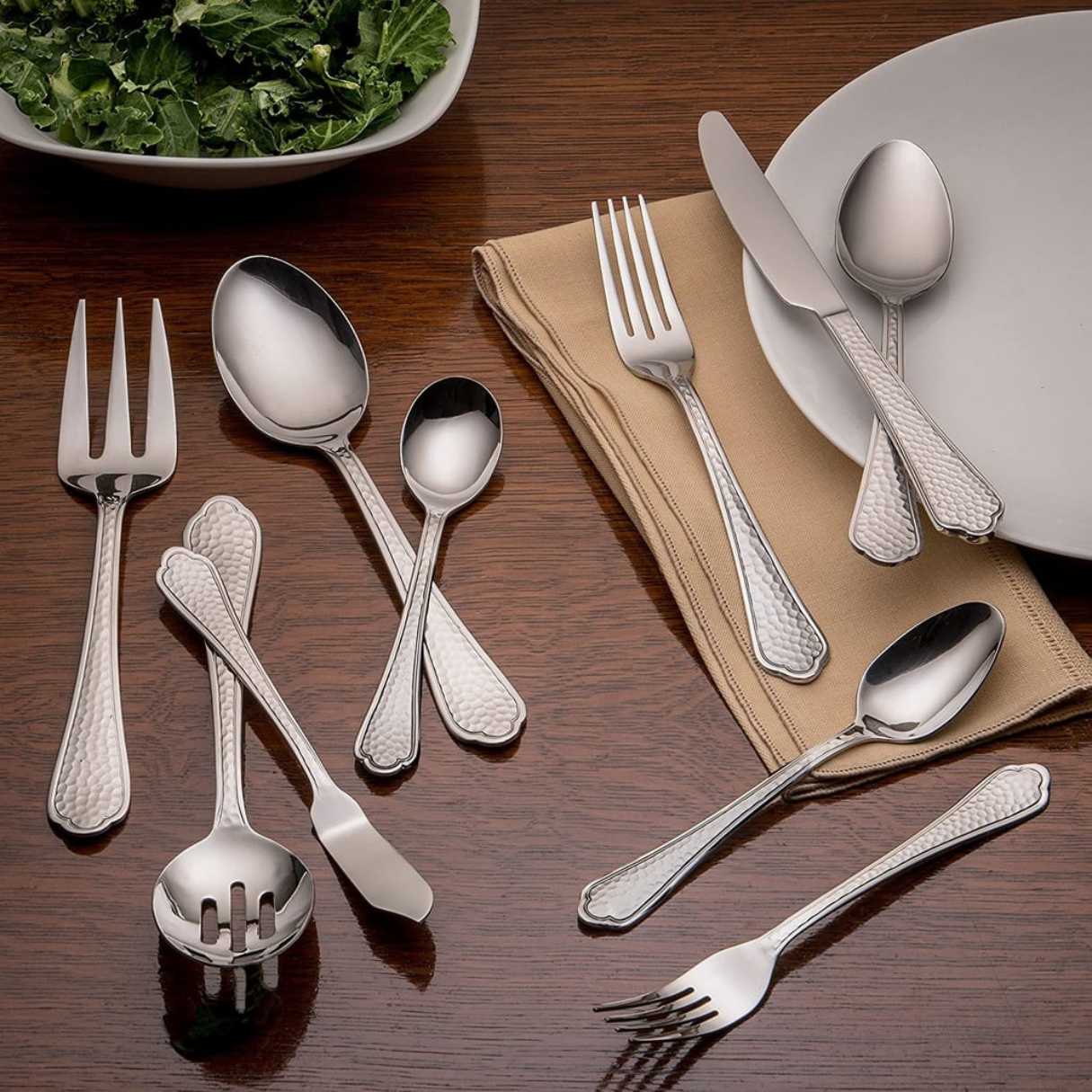
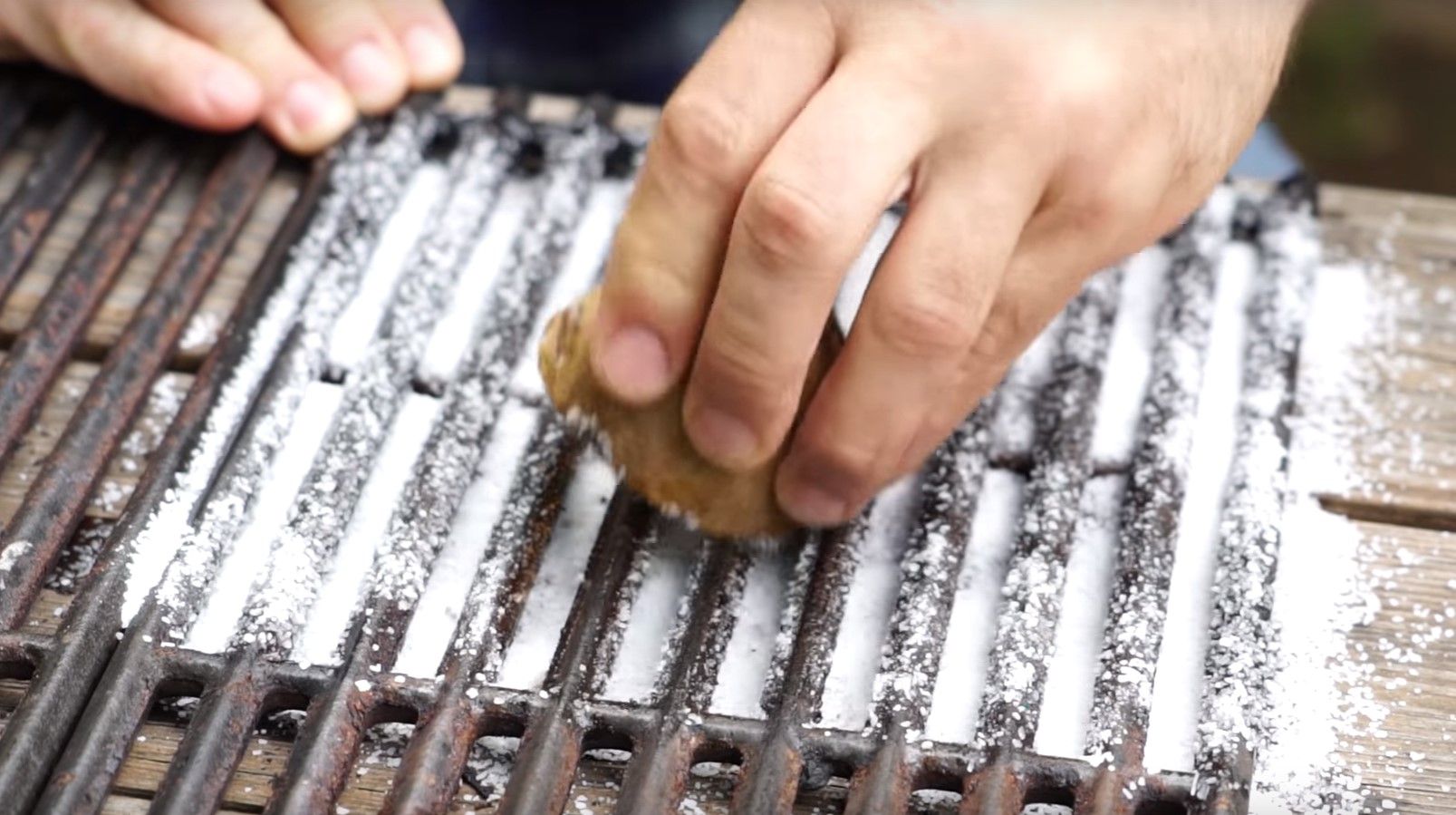
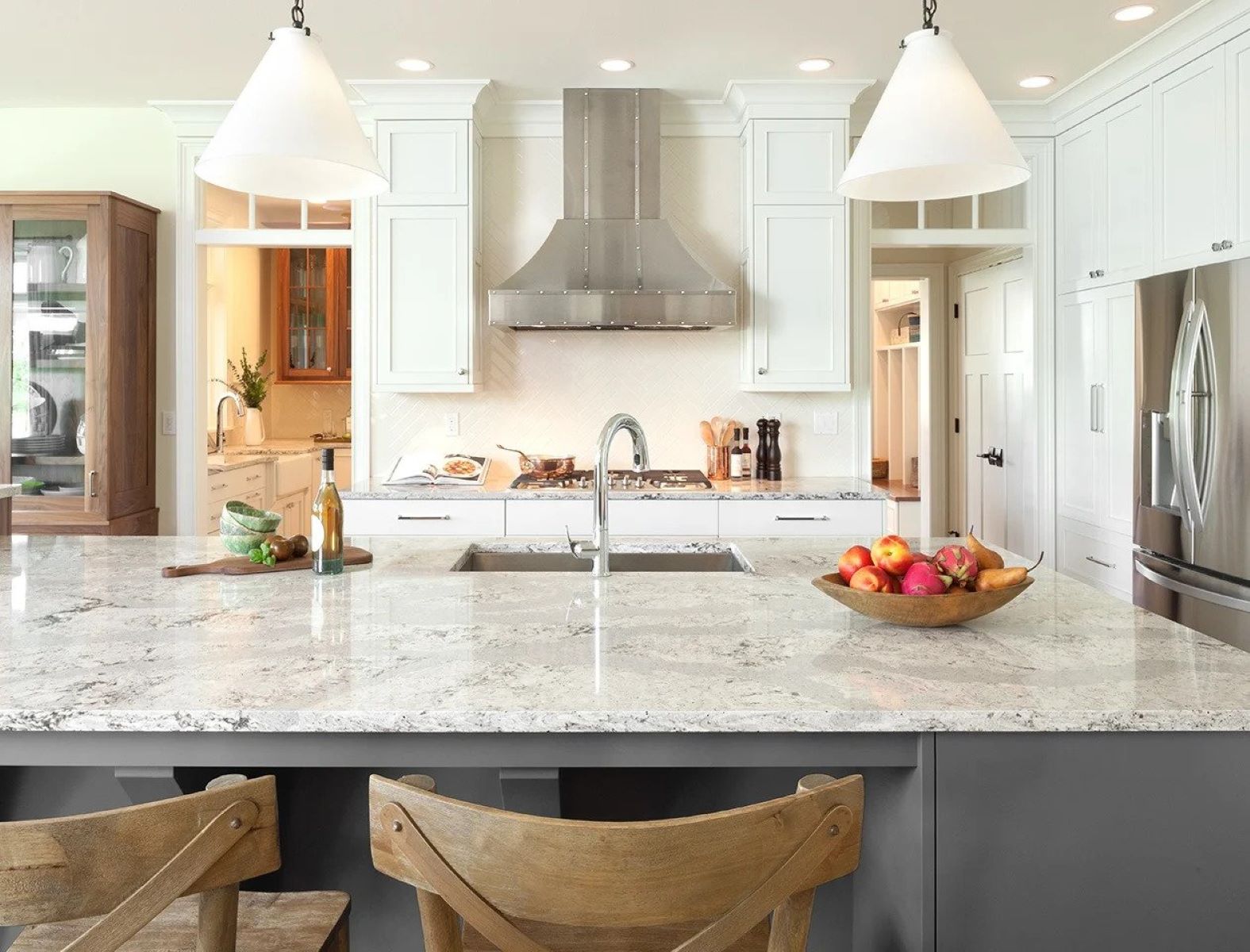
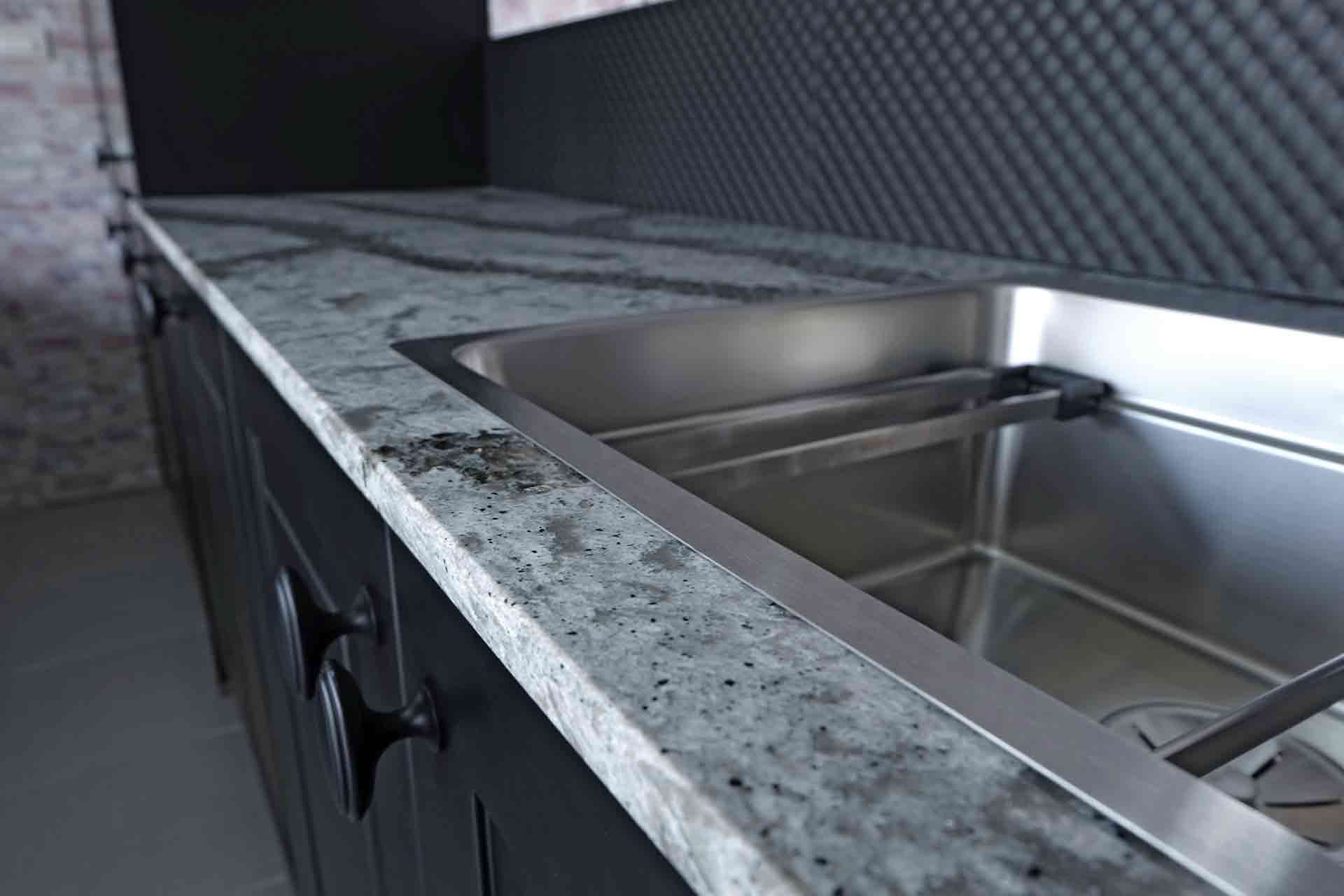
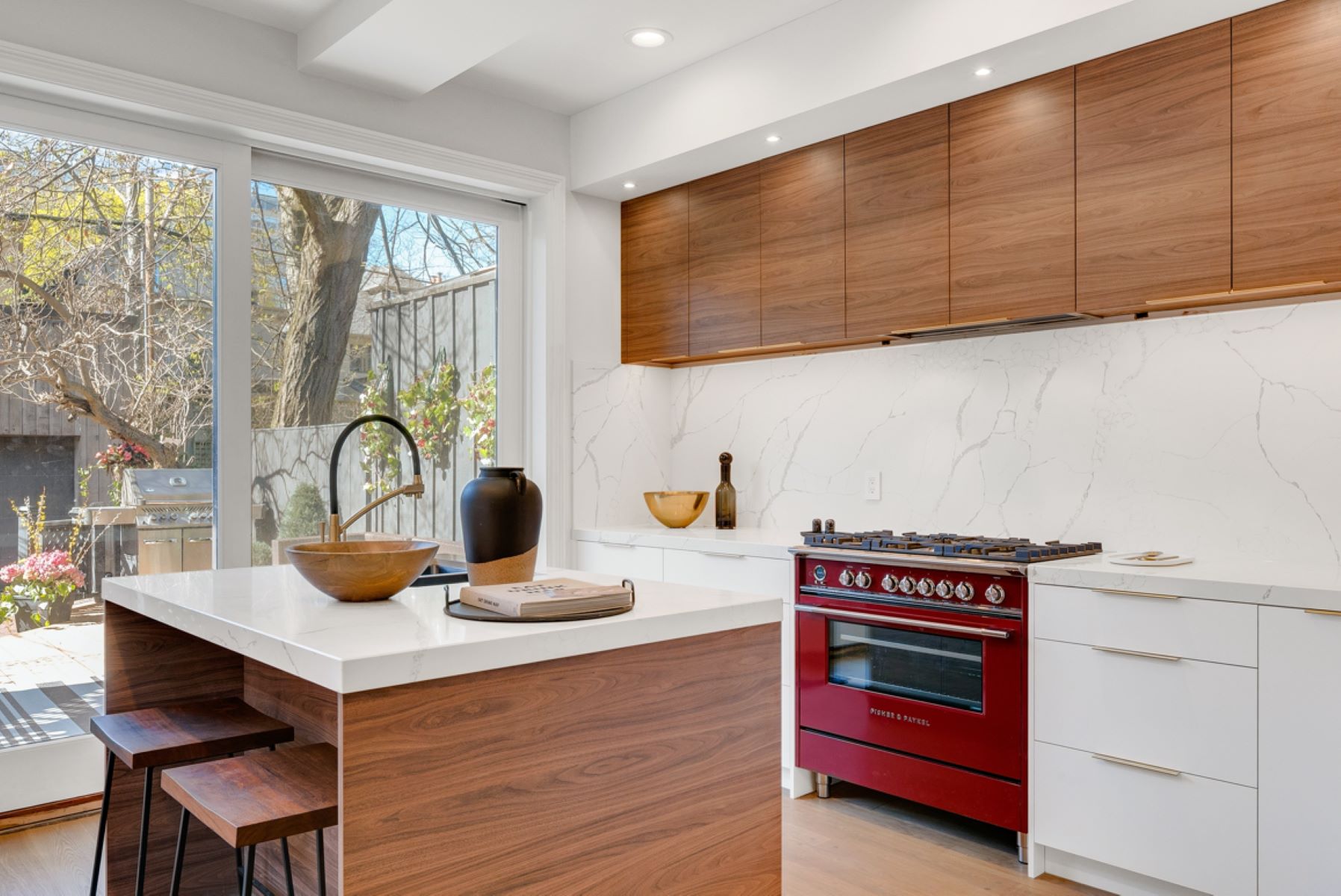
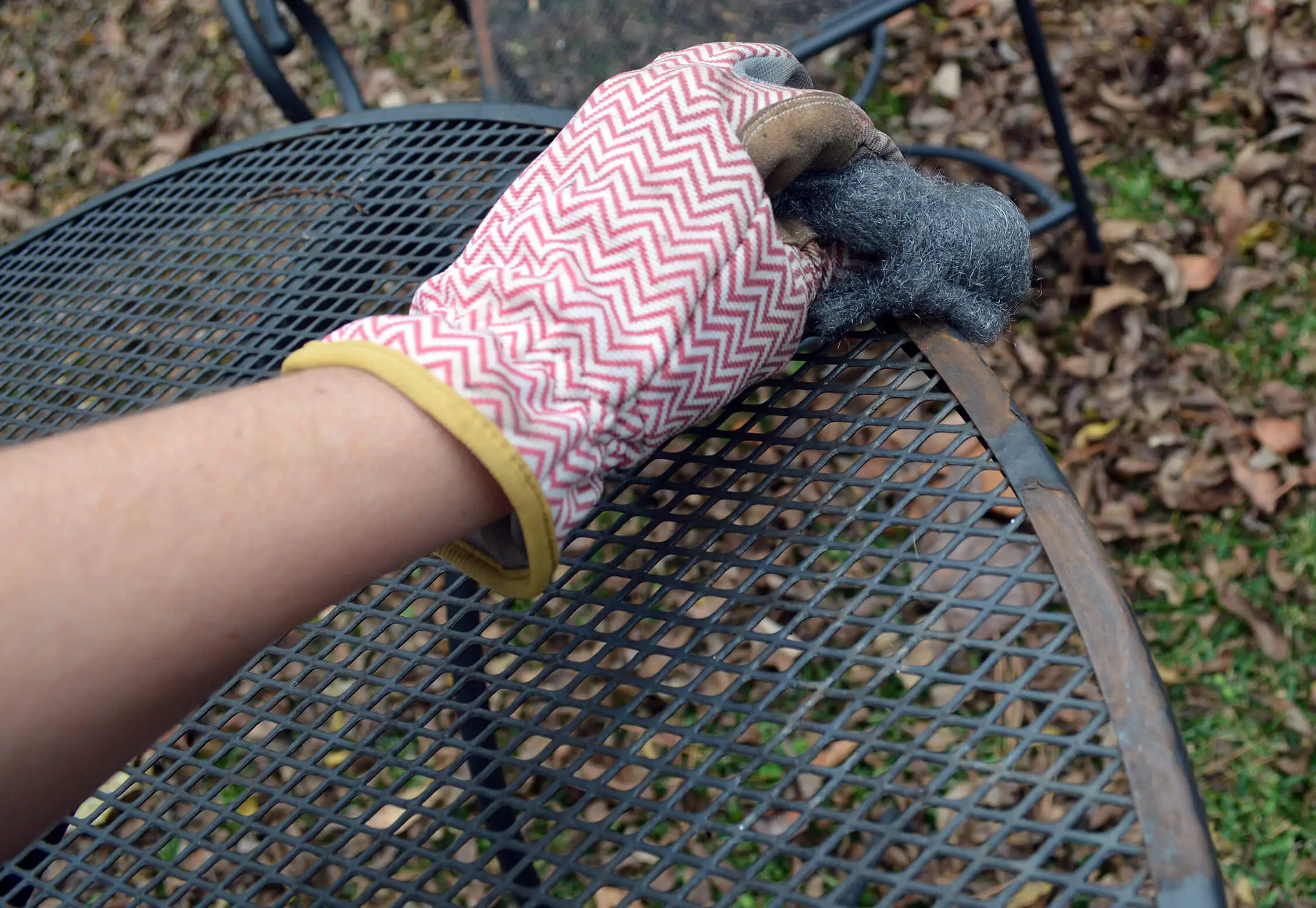
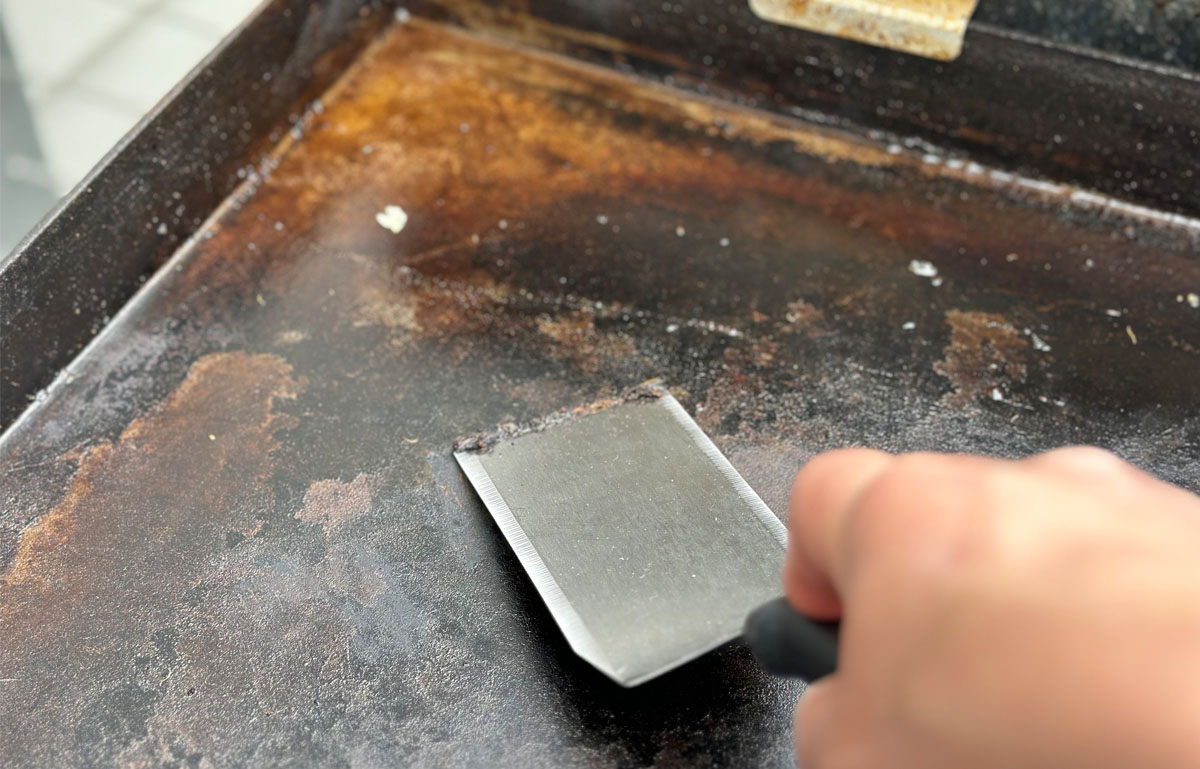
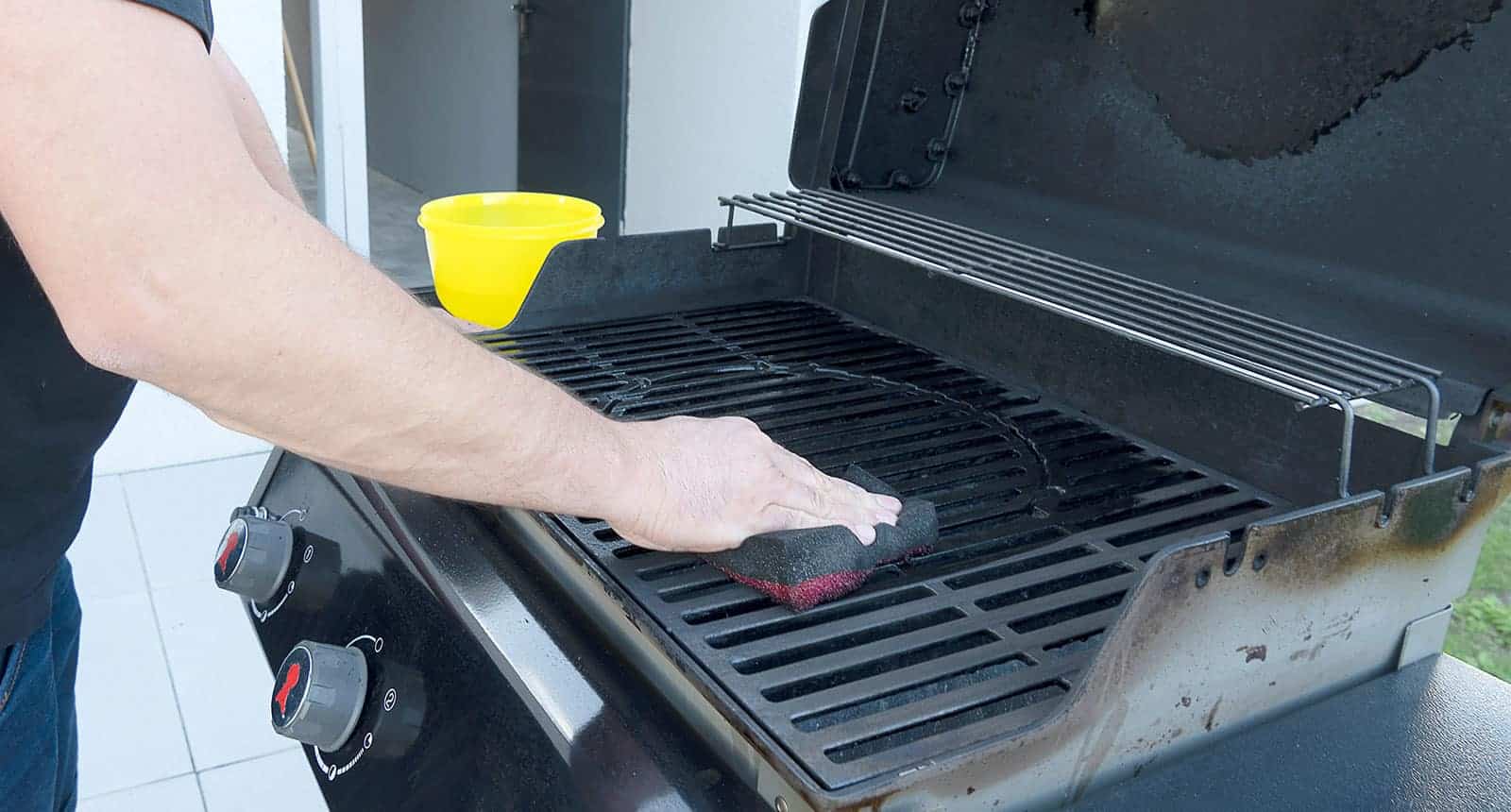
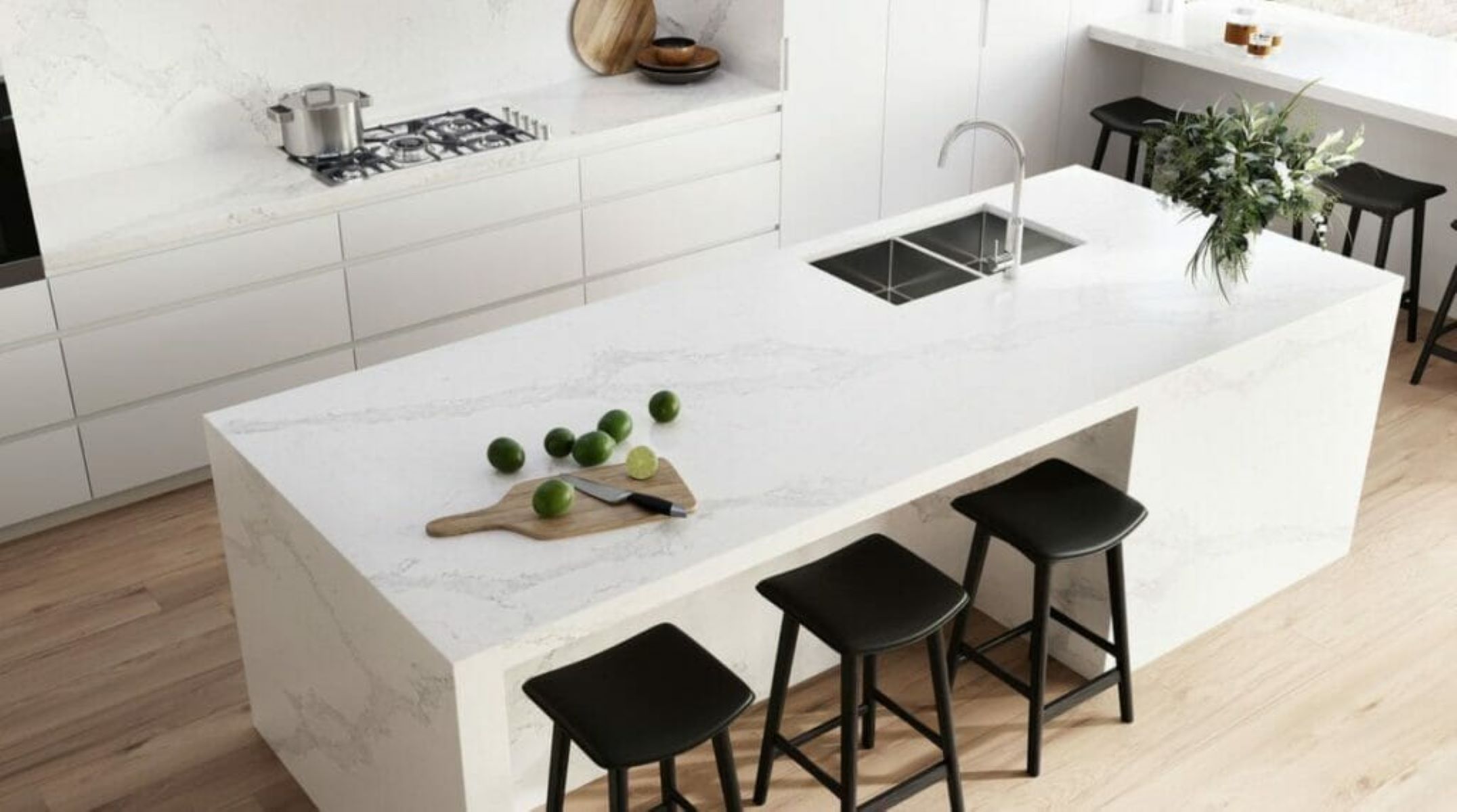
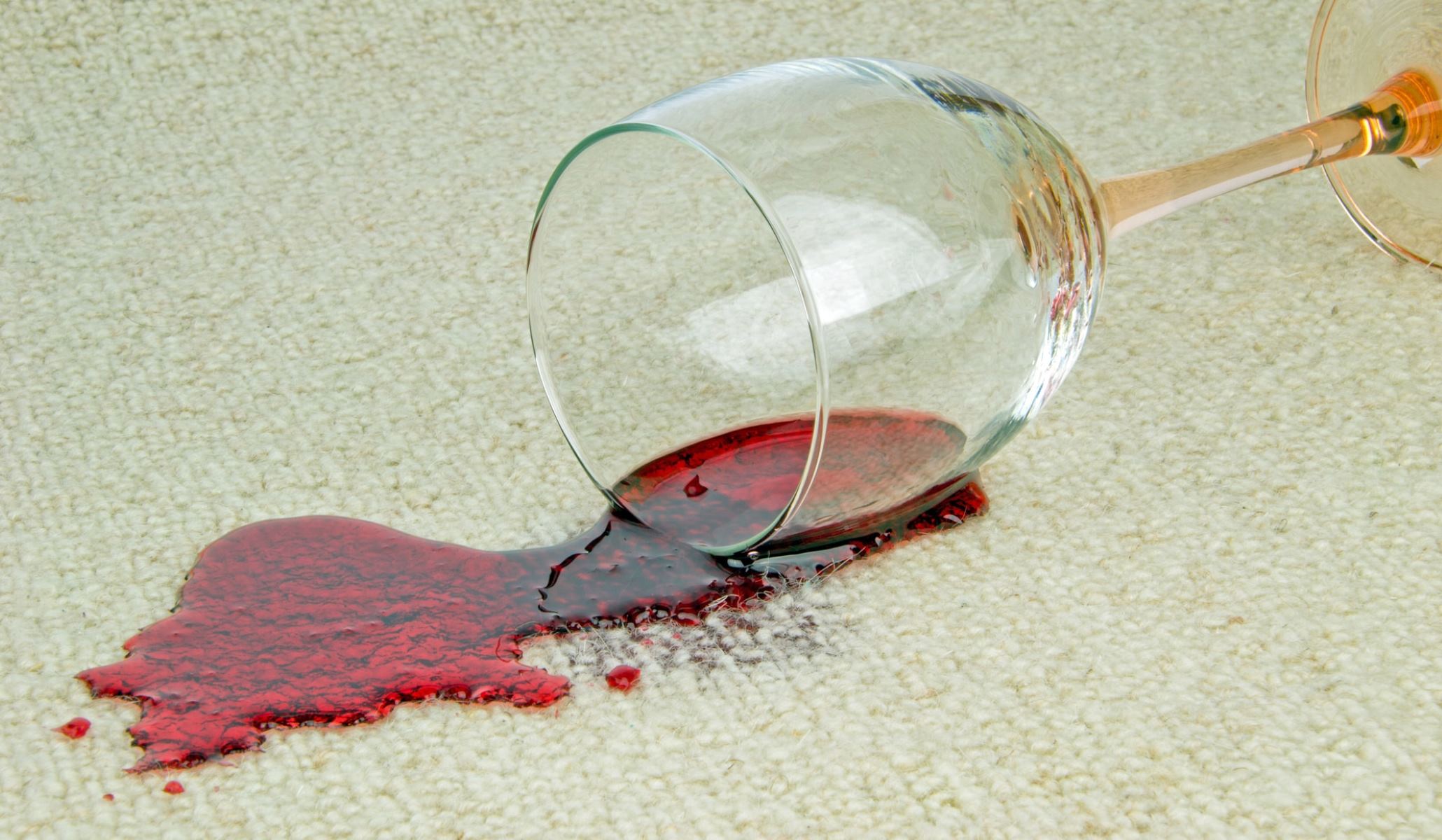
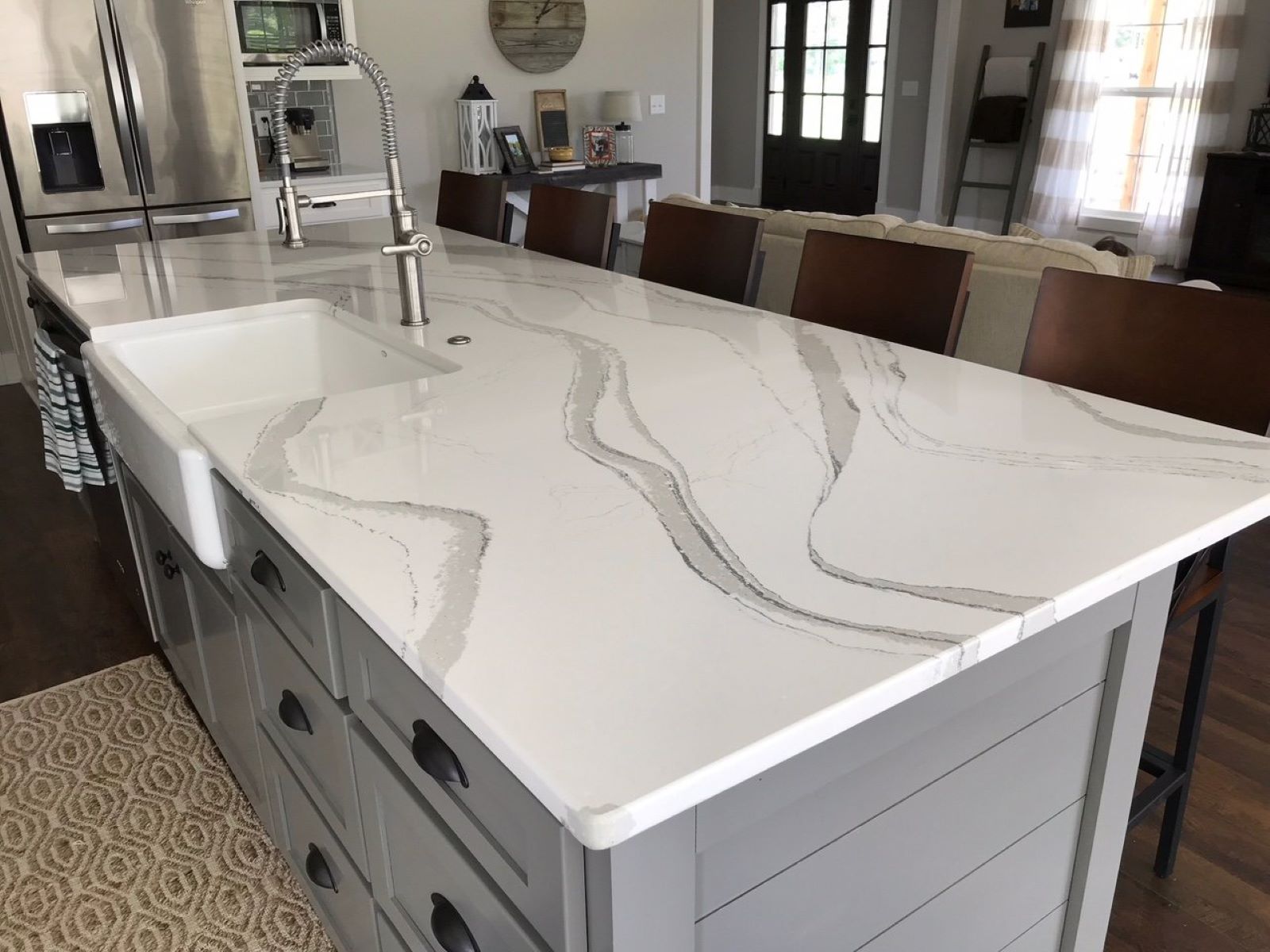
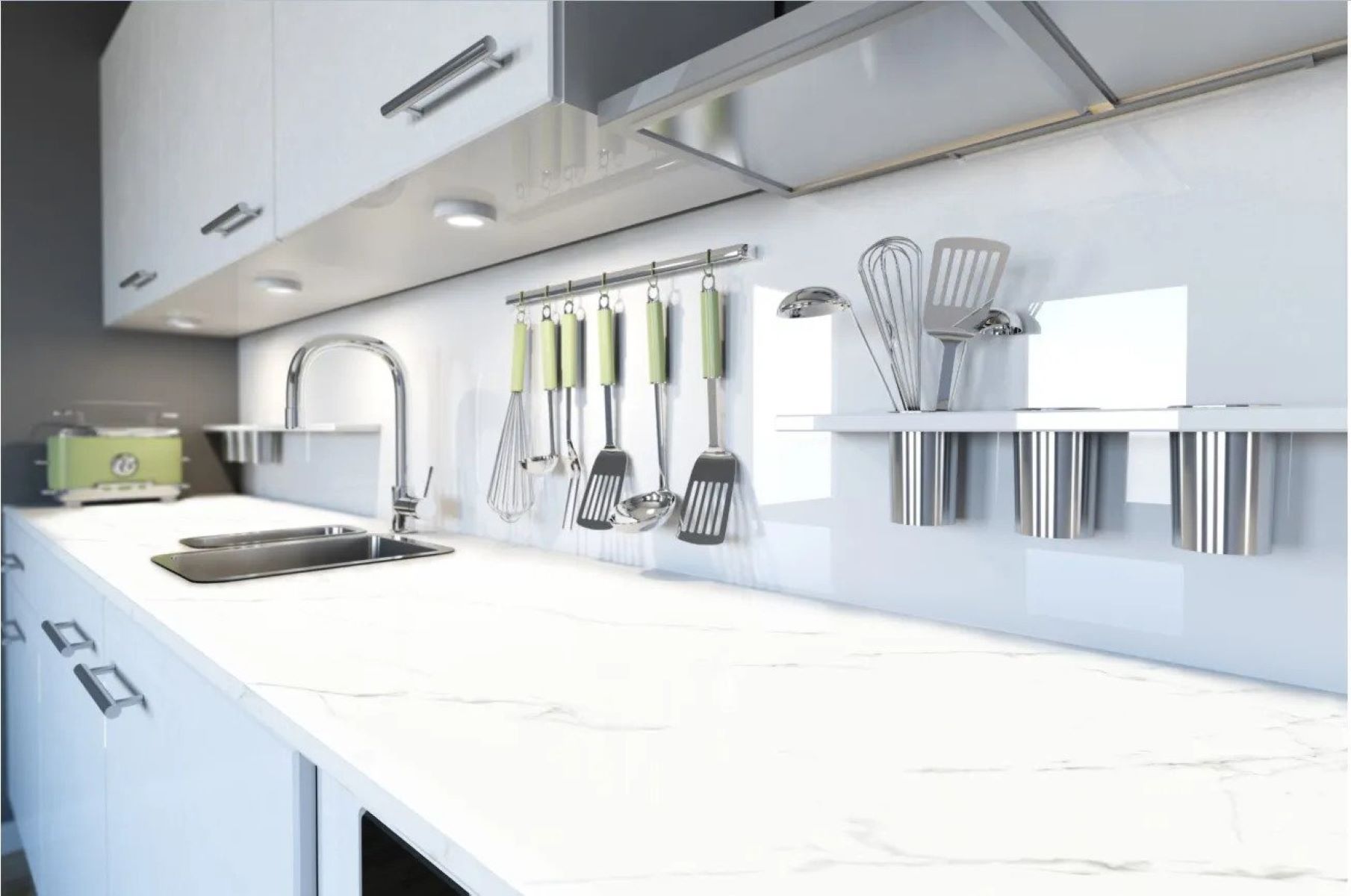

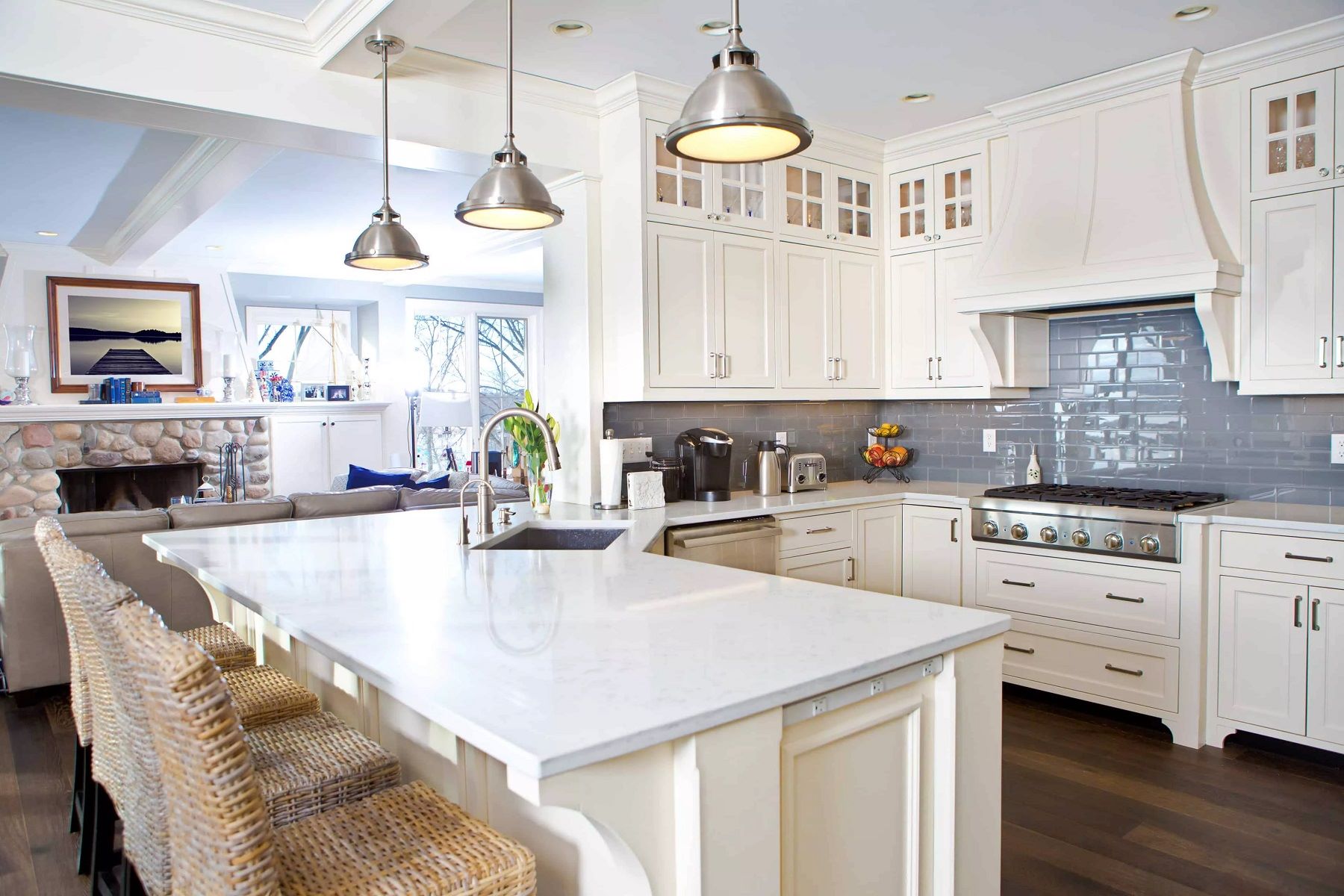

0 thoughts on “How To Clean Rust Off Quartz Countertops”